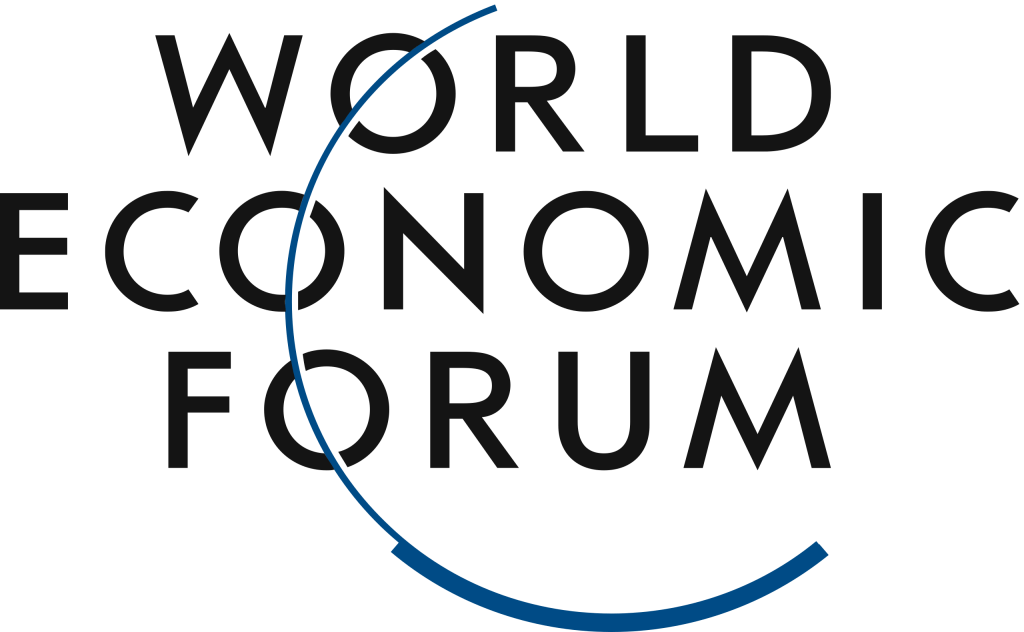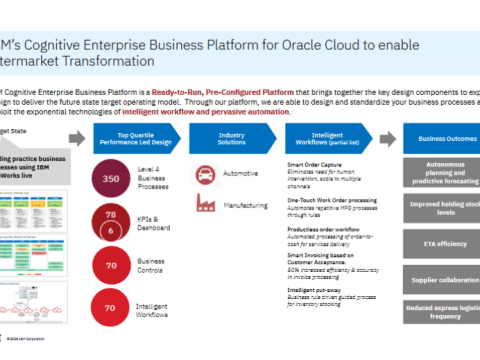
Using a mixed methodology approach, this report provides context on the convergence of blockchain and climate innovation.
Scope of work
The intersection of blockchain and climate innovation is rapidly evolving, with the potential to scale climate action globally and support progress towards global decarbonization. In this period of rapid evolution, there is a growing need to better understand the opportunities and limits of blockchain and narrow the gap between understanding and the speed of innovation. This paper aims to close this gap by helping to bridge traditional climate mitigation strategies with blockchain-enabled innovation, enabling the navigation of this expanding sector.
This paper offers context, examples and explanations of how blockchain is deployed in relation to climate action and finance.
Additionally, this paper aims to serve as a useful primer to those unfamiliar with regenerative finance (ReFi) as part of the broader blockchain and climate sector. This paper has been designed to guide companies and organizations looking to incorporate blockchain technologies into their decarbonization
or net-zero commitments.
Methodology used
This white paper employs a mixed method approach to analyse the impact journey of blockchain-based climate projects, including ethnographic interviews and survey data. Ethnography is a qualitative research method to collect data to help understand the experiences of others. This approach can surface relationships and interpretations that otherwise may be unnoticed, insights that may be crucial when studying an emerging ecosystem. As part of this ethnographic approach, the team of researchers followed a semi- structured interview methodology and developed an interview protocol that was divided into the following subcategories:
- Background on occupation and demographics
- Organization-specific history, structure, governance and funding models
- Monitoring, reporting and verification of real-world environmental impact
- Equity and decision-making
- Definitions of Web3 and climate/ReFi
- Industry challenges
This research also included feedback from subject matter experts within the industry. The interviews included Web3 start-ups, non-profit organizations, established carbon registries and think tanks. The demographic of interviewees ranged in age and span across four continents. Interviewees had experience in climate science, economics, politics, business and technology industries (see the list of interviewees in the “Acknowledgements”). Each interview was recorded and transcribed and then analysed and synthesized. Over four months, 23 hour-long ethnographic interviews were conducted with diverse climate action projects across a range of thematic areas (see “Industry trends” section for
more information on themes) and produced over 320 fieldnotes.
The research team also collected over 60 online surveys capturing a snapshot of leading blockchain projects to aggregate industry trends and insights on blockchain and its climate impact. The organizations surveyed varied in size, development stage, geographic focus and approach to blockchain tooling. Combining in-depth ethnographic interviews and short-form surveys allowed for a comprehensive analysis and holistic approach to the emerging blockchain and climate sector.
Resource Sponsored By

Please fill out the form to access the content








